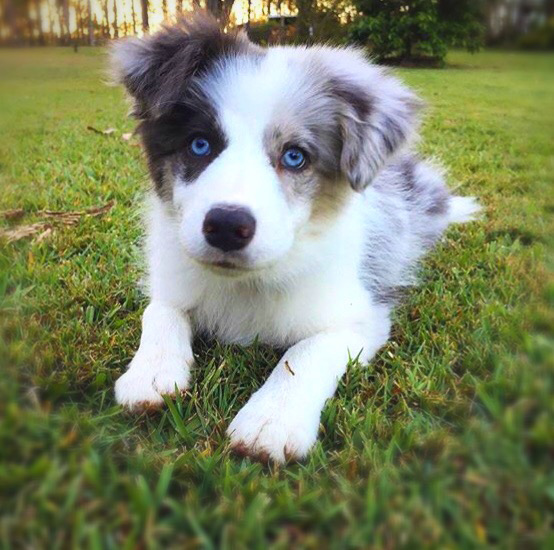Vaccination
We recommend that all dogs and cats are vaccinated against infectious diseases.
Primary vaccinations
Puppies & kittens need an initial course of 3 vaccinations at 6-8, 12 and 16 weeks of age. Unvaccinated adult pets should have a course of 2 injections 1 month apart.
Booster vaccinations
All pets should then receive a booster vaccination every year to maintain adequate protection from potentially fatal diseases.
Puppies and Dogs
Dogs receive a ‘C5’ vaccination that protects against the 5 most common diseases.
Parvovirus – attacks the intestines causing internal bleeding and severe vomiting and diarrhoea. The resulting dehydration and protein losses can be fatal. Treatment of parvo requires intensive care nursing, intravenous fluid therapy and is not always successful. Even with treatment 30-40% of dogs affected with Parvovirus die.
Infectious Hepatitis – affects the liver causing abdominal pain, loss of appetite, fever and vomiting. This virus is often fatal and those dogs that do recover may be left with long term liver problems.
Distemper – has a wide range of symptoms starting with sneezing, coughing and nasal discharge and progressing to muscle spasms, seizures and coma. Recovery from Distemper is rare.
Bordatella & Parainfluenza are the primary causes of Canine Cough. It is highly contagious and is spread through sneezing and coughing. Although rarely fatal, secondary chest infections can occur.
Dogs need to have a booster injection annually. For more Puppy Information click here.


Kittens and Cats
Cats receive one of 3 possible vaccinations ‘F3, F5 or F6’ depending on whether they are indoor or indoor/outdoor cats. The diseases covered may the following.
Feline Panleucopaenia attacks the intestines causing severe vomiting and diarrhoea. It is nearly always fatal.
Calici virus and Feline Herpes Complex are the most common causes of ‘cat flu’. Although not always fatal, cats with flu can take a long time to recover and have the potential to remain carriers of the virus, posing a risk to other cats.
Feline Leukaemia is less common but infected cats develop tumours and are more susceptible to other infections.
Feline Immunodeficiency Virus or FIV is similar to HIV in humans. It affects a cats immune system leaving them vulnerable to infection. There is no treatment currently available.FIV is spread by biting so outdoor cats are at a higher risk. FIV can not be caught by humans.
Chlamydia results in chronic eye problems and is a concern in breeding cats as it can cause infertility.
For more information regarding Kitten Information click here.
News
We are happy to share our recent cases and provide information to help you take care of your pet. Read about our recent cases and find information to help care for your pet.
Community
We have strong relationships with a network of excellent wildlife carers who do an excellent job of rehabilitating & releasing a wide variety of native mammals, birds and reptiles.





